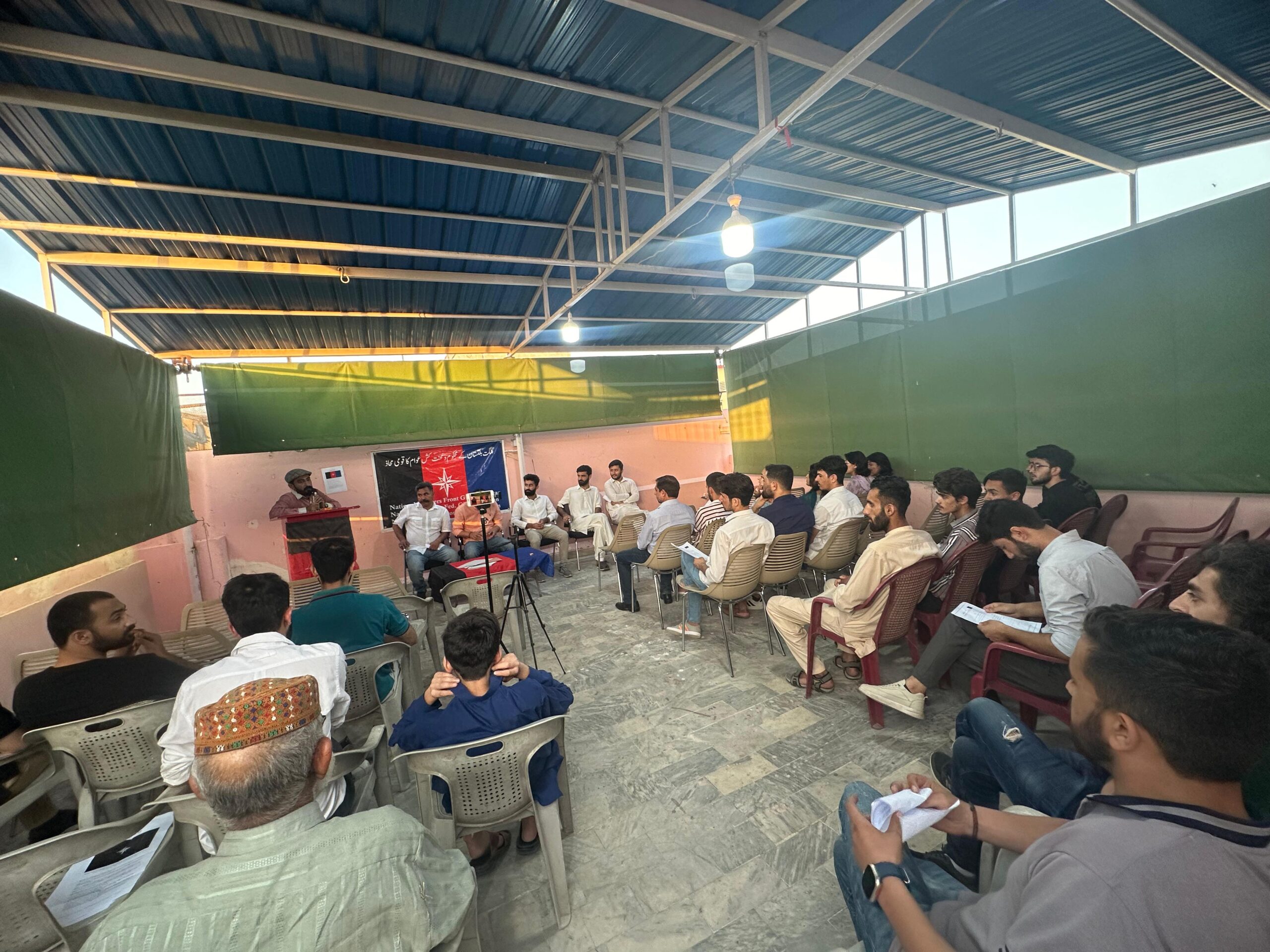This article unpacks the concept of the ” state constitution” and explains its importance for a state.
What is the state constitution?
The term constitution refers to a set of laws in light of which a state is governed. These laws cater to all aspects of human life in a country.
Who is responsible for constitution-making in a state?
Lawmaking or legislation in a state is the responsibility of parliament, a body of elected public representatives in democratic systems. In Pakistan National Assembly is responsible for legislation that is directly elected by the people. Laws made by the national assembly are subject to a review of the senate for any possible change.
Importance of state constitution
Without a constitution, there will be anarchy in a society or a state. Like that of the law of jungle, the powerful will dictate, the weak will be suppressed and forced to live as per the wishes of the powerful. Thus the constitution helps create order in society through the introduction of laws related to different aspects of individual and collective life.
The following are some of the specific functions performed by the constitution of a state.
Provision of rights and obligations of citizens
A state constitution defines the rights of citizens of the state. It guides and informs ‘what people we can do legally or what we cannot do. For example, in the 1973 constitution of Pakistan, the fundamental rights of the citizens of Pakistan have been provided.
Along with the provision of rights of citizens, the constitution also defines the responsibilities and obligations that a citizen owes to his/her state.
Definition and recommendation of punishment
Constitution guides and informs about the punishment that can be awarded for violation of any law or for committing any crime. A judge of a court gives his/her judgment on his personal bias or arbitrary decision. He/she instead has to give judgment in light of the land of the law.
The constitution defines the form of government
Constitution informs about the form of the government in a state, whether it should be presidential or parliamentary of government. Whether the political system should be based on democracy or monarchy, etc. For example, the current constitution of Pakistan provides a parliamentary form government but the constitution of the USA provides a presidential form of government. Consequently, Pakistan has a parliamentary form of government because it has been provided in its constitution. Likewise, there is a system of monarchy in Saudi Arabia as per its constitution.
The constitution defines the role, powers, and limitations of state institutions
A state consists of four main institutions e.g. army, parliament, the executive, judiciary, and media. These institutions are considered as the pillars of a state. The balance between the powers of these institutions is very important for the smooth running of the state. This purpose is served by the constitution in which the powers and their limits are defined. In the absence of defined powers and limits, the institution will interfere in each other’s jurisdiction and the most powerful will dominate the rest.











